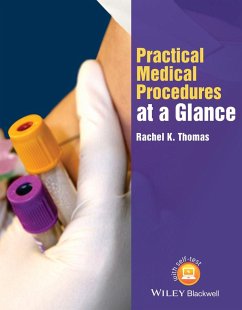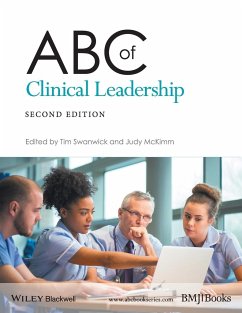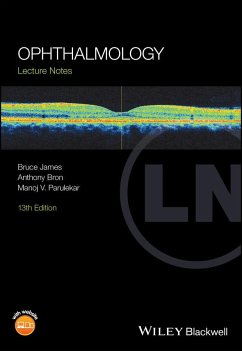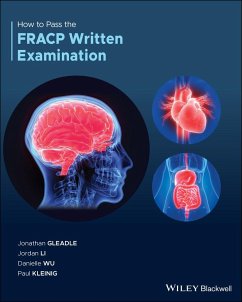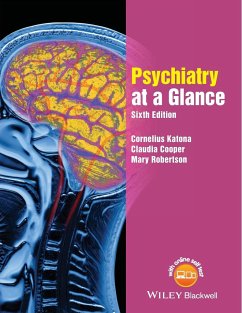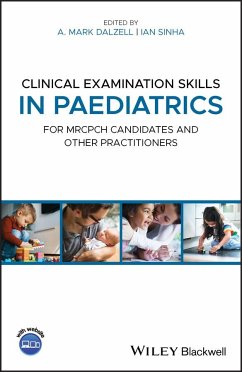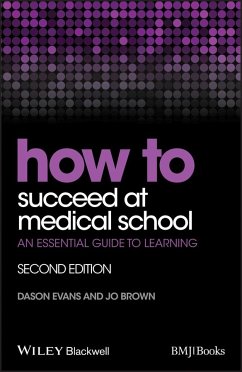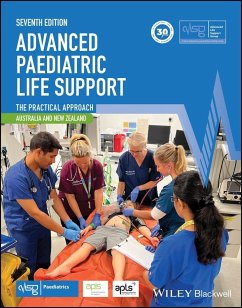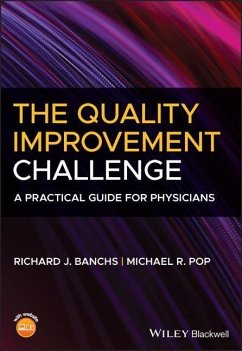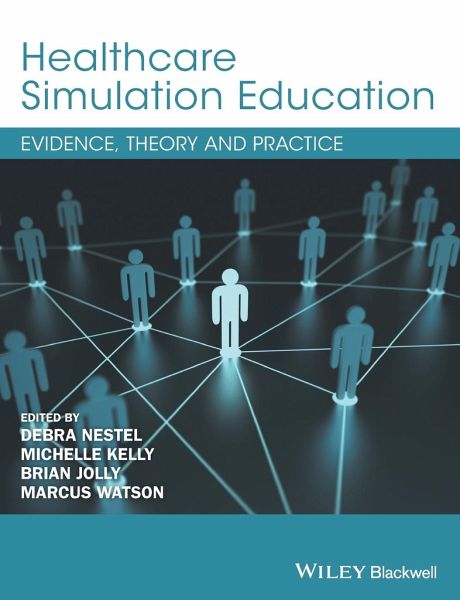
Healthcare Simulation Education
Evidence, Theory and Practice
Herausgegeben: Nestel, Debra; Kelly, Michelle; Jolly, Brian; Watson, Marcus
Versandkostenfrei!
Versandfertig in 2-4 Wochen
69,99 €
inkl. MwSt.
Weitere Ausgaben:

PAYBACK Punkte
35 °P sammeln!
Written by a leading team from the Australian Society for Simulation in Healthcare (ASSH), Simulation Australasia, Healthcare Simulation Education is a new resource for a rapidly expanding professional healthcare simulation community. Designed as a core reference for educators who use simulation as an educational method, it outlines theory, evidence and research relevant to healthcare simulation. Containing examples of innovations from around the world, the book offers opportunities to make clear connections between the underlying rationale for the use of simulation, and what this looks like i...
Written by a leading team from the Australian Society for Simulation in Healthcare (ASSH), Simulation Australasia, Healthcare Simulation Education is a new resource for a rapidly expanding professional healthcare simulation community. Designed as a core reference for educators who use simulation as an educational method, it outlines theory, evidence and research relevant to healthcare simulation. Containing examples of innovations from around the world, the book offers opportunities to make clear connections between the underlying rationale for the use of simulation, and what this looks like in practice.
Healthcare Simulation Education:
_ Helps readers gain a systematic understanding of theory and application of simulation
_ Facilitates access to high quality resources to support healthcare simulation education and research
_ Edited by a leading team from the Australian Society for Simulation in Healthcare (ASSH), the leading body for healthcare simulation in Australia
_ Contains information on educational theory, the elements of simulation practice and contemporary issues in simulation
An important text in healthcare literature and practice, Healthcare Simulation Education provides a unique cross-disciplinary overview of an innovative subject area, and is ideal for medical, nursing and allied health educators, policy makers and researchers.
Healthcare Simulation Education:
_ Helps readers gain a systematic understanding of theory and application of simulation
_ Facilitates access to high quality resources to support healthcare simulation education and research
_ Edited by a leading team from the Australian Society for Simulation in Healthcare (ASSH), the leading body for healthcare simulation in Australia
_ Contains information on educational theory, the elements of simulation practice and contemporary issues in simulation
An important text in healthcare literature and practice, Healthcare Simulation Education provides a unique cross-disciplinary overview of an innovative subject area, and is ideal for medical, nursing and allied health educators, policy makers and researchers.




